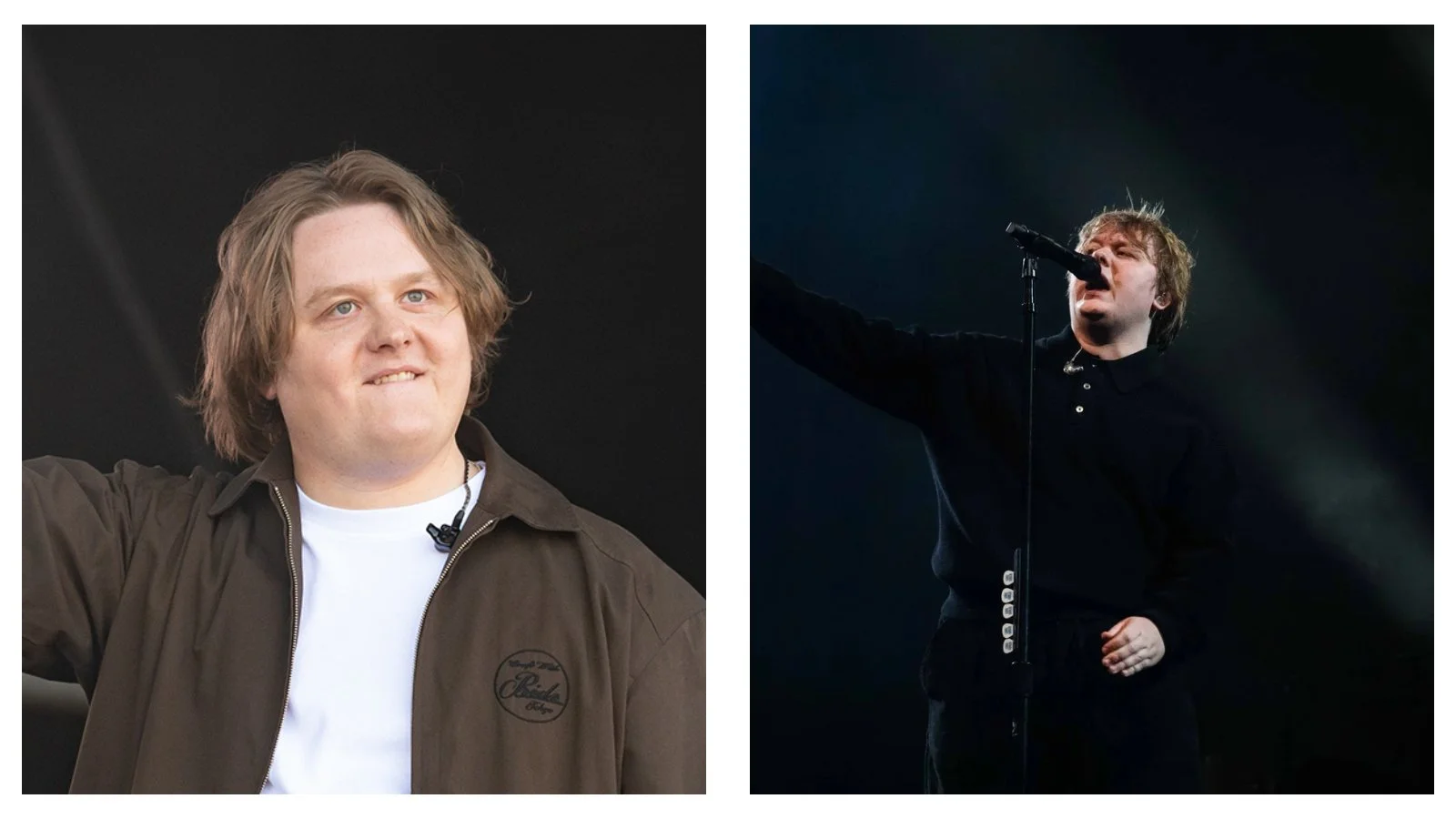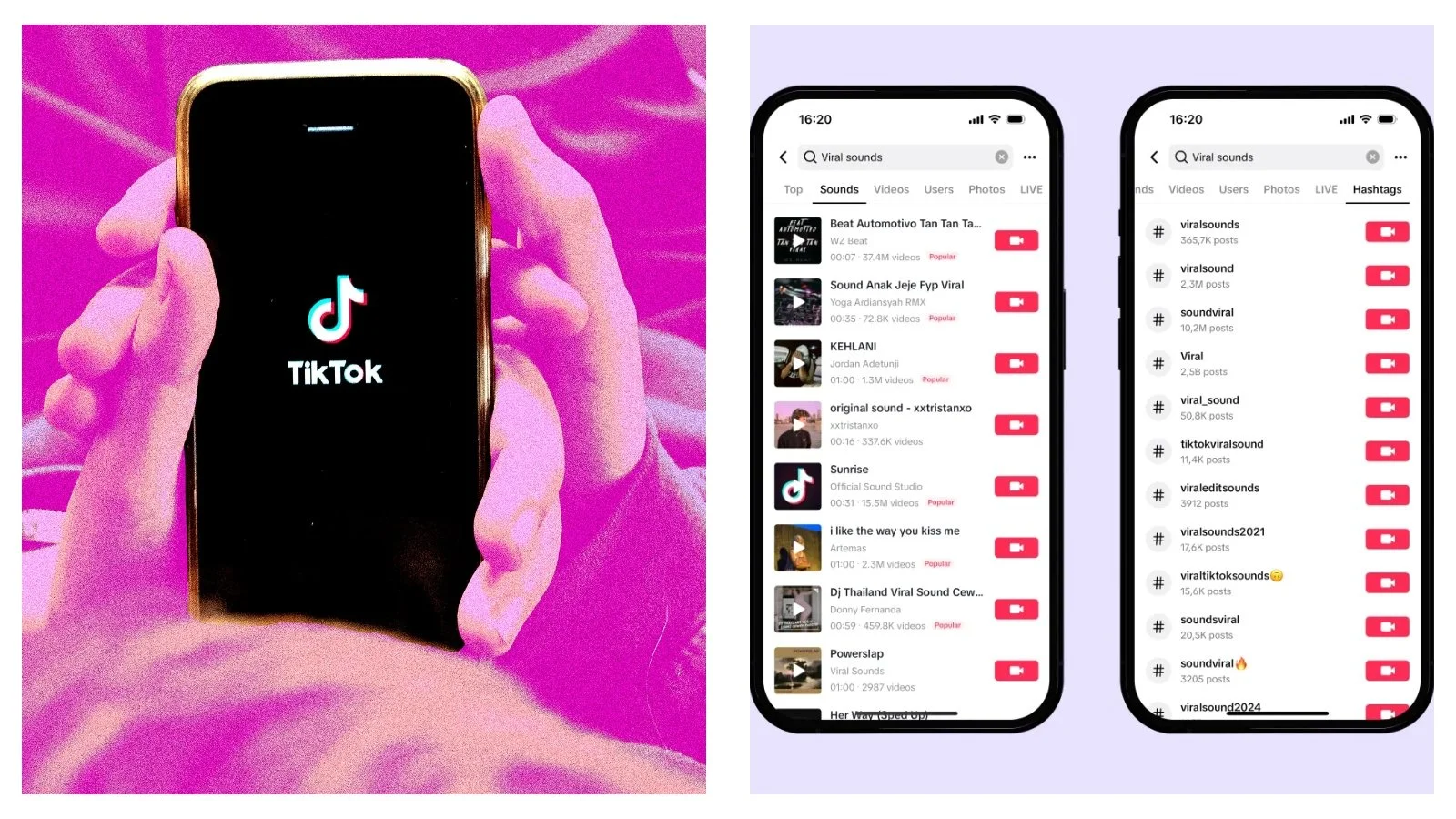Music news: Lewis Capaldi and the art of vulnerability
Music News Blitz writer Lindokuhle Mlombo takes a look at how Scottish singer Lewis Capaldi’s honesty, humour and openness about mental health are reshaping pop culture and redefining authenticity in music.
A different kind of pop star
In today’s pop landscape, where many artists polish their personas to perfection, Lewis Capaldi stands out for being unapologetically imperfect.
Known as much for his sharp humour and self-deprecation as for his soaring ballads, Capaldi has cultivated a brand built on vulnerability, both emotional and human.
His songs dwell on heartbreak, loss and longing while his public persona leans into awkwardness, honesty and relatability.
It is this duality and deep vulnerability paired with unfiltered authenticity that have allowed him to capture the hearts of millions around the world.
Yet Capaldi’s openness has also illuminated the pressures of fame, particularly when his struggles with Tourette’s syndrome and mental health took centre stage in his recent Netflix documentary How I’m Feeling Now.
In an industry where many pop stars conceal their cracks, Capaldi has turned this into a connective tissue between himself and his fans.
This feature explores how vulnerability functions not just as a hallmark of Capaldi’s artistry but as a cultural currency that resonates in today’s music ecosystem.
The ballads that break us
Capaldi burst onto the global stage in 2019 with “Someone You Loved”, a ballad that climbed to number one on both the UK Singles Chart and the US Billboard Hot 100.
The song, stripped down and raw, became an anthem for heartbreak. It was not flashy production or viral choreography that carried it. Instead, it was emotional honesty.
What is striking is how Capaldi’s music resists the trends of hyper-polished, genre-blending pop.
At a time when chart-toppers leaned into maximalist production and TikTok-friendly snippets, Capaldi doubled down on piano-led ballads.
His vulnerability was his hook. Fans did not just stream his music - they felt it.
In an era dominated by virality, this return to sincerity stood out.
Capaldi showed that authenticity, when packaged in a voice that sounds both broken and commanding, could still dominate global charts.
READ MORE: The meme-ification of music: When songs become jokes, they become hits
Humour as a shield, vulnerability as a weapon
However, Capaldi’s cultural impact cannot be measured by his music alone. His rise was intertwined with the way he carried himself online.
On Instagram and TikTok, he posted chaotic, self-deprecating videos where he was calling himself a chubby guy who cries on stage or joking about bodily functions during press tours.
This humour became a shield, a way to deflect the intensity of fame, but also a gateway for fans to engage with him as a person rather than an untouchable celebrity.
In the process, Capaldi redefined pop stardom. He proved that a modern star does not need to be hyper-stylised to capture attention and that they can be messy, human and even awkward.
His openness about panic attacks and health struggles further deepened this bond.
The paradox is powerful as Capaldi’s vulnerability makes him relatable, but his ability to articulate that vulnerability through music elevates him into something transcendent.
Mental health and the Netflix effect
Capaldi’s Netflix documentary, How I’m Feeling Now, was released in 2023 and brought this dynamic into sharp focus.
The film followed him during the creation of his second album, revealing the toll fame had taken on his mental health and the worsening of his Tourette's symptoms under stress.
Instead of a sanitised behind-the-scenes tour, fans were offered something raw and at times, uncomfortable.
This choice aligned with a larger cultural shift in music, where conversations about mental health have moved from taboo to mainstream.
From Billie Eilish to Shawn Mendes, a new generation of artists is foregrounding vulnerability in ways that would have been unimaginable two decades ago.
Capaldi’s willingness to let cameras capture his panic attacks did not just raise awareness about Tourette’s, but it also reframed the conversation around what it means to be a functioning artist in an industry that often chews people up.
For fans, this vulnerability was validating. Many young listeners saw their own anxieties mirrored in his struggles.
The documentary did not diminish his status as a pop star. It cemented it by making him appear even more real.
ALSO ON MNB: One of British music’s revolutionaries are back - Radiohead return after an eight-year absence
The cultural economy of authenticity
Capaldi’s artistry is part of a broader trend where authenticity has become one of music’s most valuable commodities.
In an age of curated feeds and carefully managed celebrity branding, fans increasingly gravitate toward artists who show their flaws.
Capaldi’s brand of chaotic relatability feels refreshing when placed against the perfectionism of pop idols.
This cultural economy of authenticity extends beyond music. On platforms like TikTok, relatability often trumps talent.
Capaldi’s approach mirrors this digital ethos. His humour-laced, unfiltered posts function like those of any ordinary young adult, except his reach spans millions.
The effect is intimacy at scale as fans feel they know him even as he fills arenas.
But authenticity is also a performance. Capaldi is keenly aware of how his vulnerability plays into his appeal.
The challenge lies in balancing openness with self-preservation. As his documentary revealed, being vulnerable on command can carry immense personal cost.
A mirror for the audience
Why does Capaldi’s vulnerability resonate so strongly? One answer lies in the broader cultural context.
We are living through an era defined by uncertainty as there are pandemics, economic instability and shifting social norms.
In such times, audiences crave music that acknowledges pain rather than glossing over it.
Capaldi’s songs do not offer solutions, but they offer solidarity. When he sings about heartbreak or loss, listeners project their own struggles onto his words.
His vulnerability functions as a mirror, reflecting collective experiences of grief, love and longing.
In this sense, his music is not just entertainment, it is catharsis.
Redefining masculinity in pop
Another crucial aspect of Capaldi’s cultural impact lies in how he navigates masculinity.
Mainstream pop has long favoured male stars who project confidence, swagger or aspirational coolness.
Capaldi flips this script. He leans into awkwardness, sadness and softness. Traits that are often seen as unmanly.
By being open about his insecurities and health struggles, Capaldi is quietly reshaping expectations of male pop stardom.
He has made it acceptable and even aspirational for men to be vulnerable. This is particularly significant in a cultural moment where toxic masculinity remains under scrutiny.
Capaldi does not preach vulnerability. He embodies it, and that subtlety makes his impact even more profound.
YOU MAY ALSO LIKE: Teyana Taylor’s ‘Escape Room’: A powerful return to R&B
The future of vulnerability in pop
As Capaldi steps back from touring to prioritise his health, his influence continues to ripple through pop culture.
Younger artists, particularly those rising through TikTok, are increasingly leaning into vulnerability as a branding tool.
The line between confession and performance is blurring, raising questions about sustainability.
Will artists be pressured to constantly expose their private struggles in order to seem authentic?
Capaldi’s career highlights both the rewards and risks of this trend. His vulnerability built a devoted fanbase, but it also left him emotionally exhausted.
The music industry and fans will need to reckon with these tensions as authenticity becomes more commodified.
The power and cost of being real
Capaldi has carved out a rare space in modern pop. A star who is both painfully ordinary and extraordinarily gifted.
His vulnerability is not a gimmick but a guiding principle, one that connects him to fans on a level that transcends fame.
Through ballads that break hearts, jokes that disarm and confessions that comfort, he has built a career out of being real.
Yet the very thing that makes Capaldi so beloved also makes his career more precarious.
Vulnerability, after all, is not infinite. It requires protection as much as performance.
If pop music is increasingly shaped by artists like him, those who trade perfection for humanity, then Capaldi’s journey is both a blueprint and a cautionary tale.
For now, one truth remains clear. Lewis Capaldi’s art reminds us that in a world of curated trends, being human is the boldest act of all.
READ NEXT: The most powerful Taylor Swift songs used in The Summer I Turned Pretty Season 3





